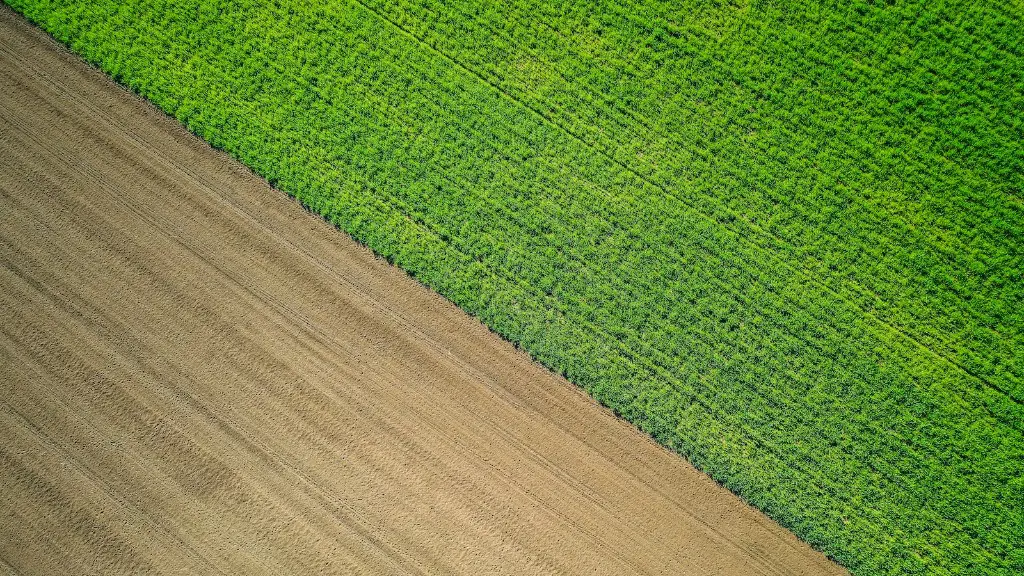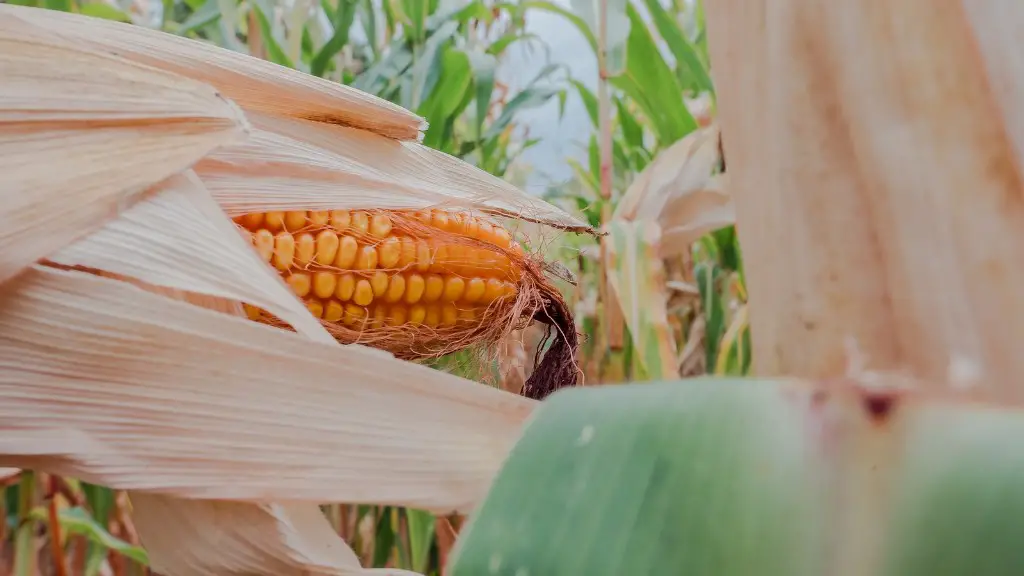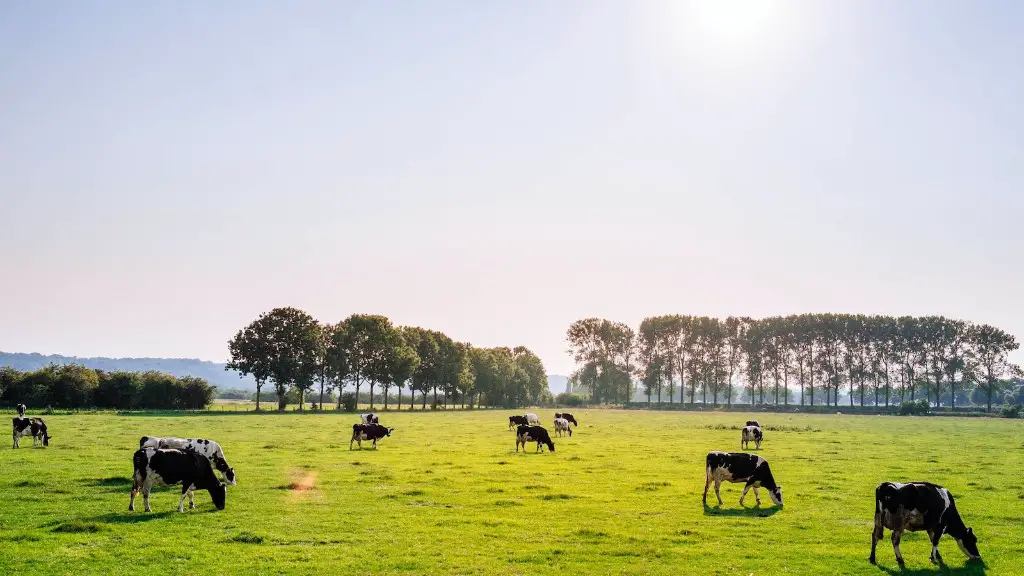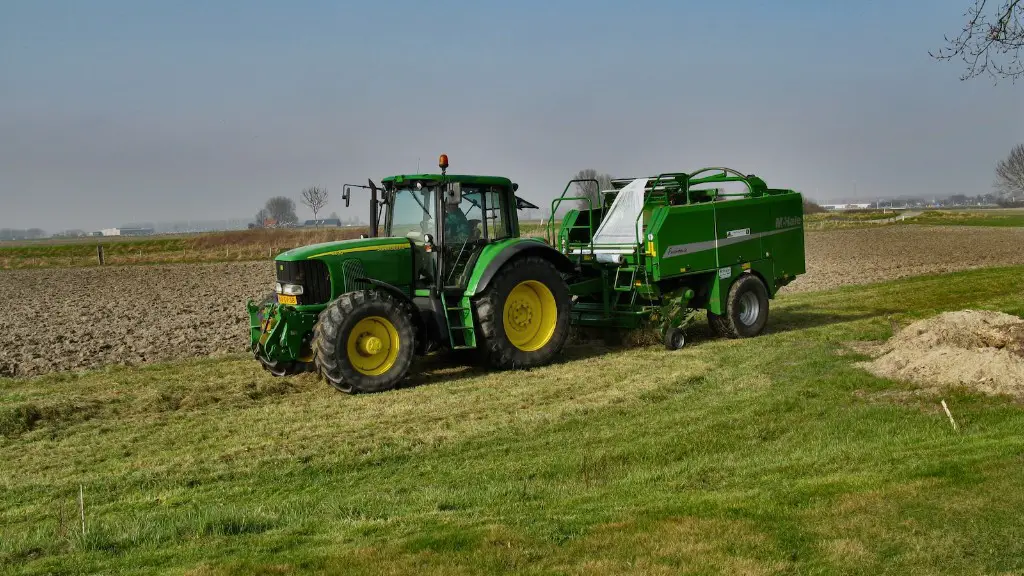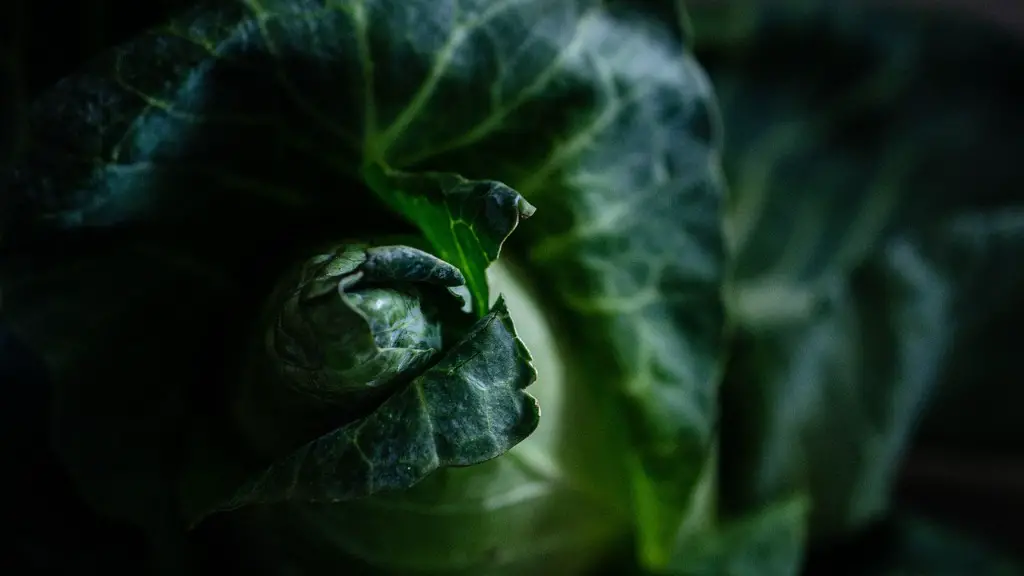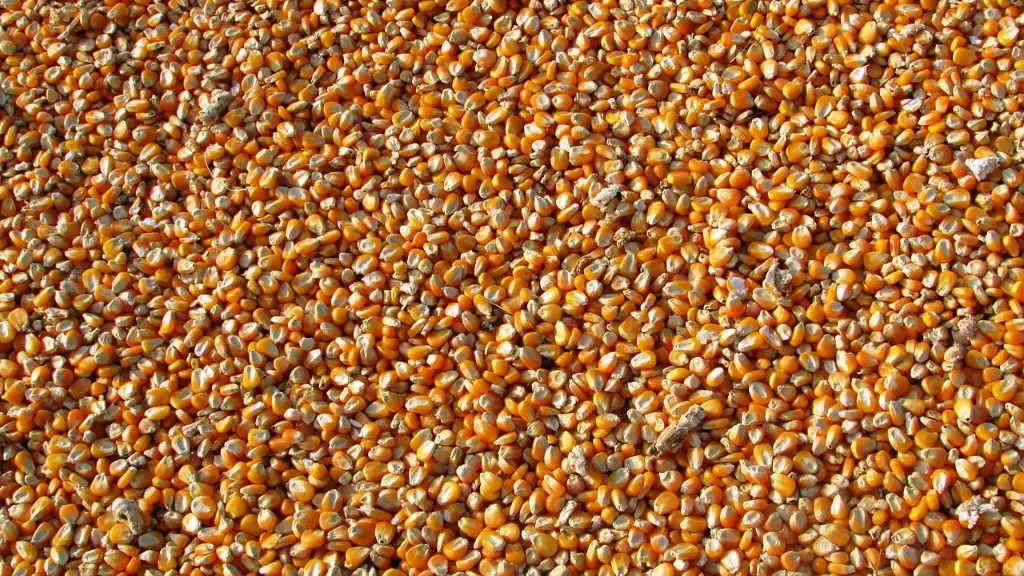Organic fertilizer is a type of fertilizer that is derived from natural sources, such as plants, animals, and minerals. Unlike chemical fertilizers, organic fertilizers do not contain any synthetic ingredients.
Organic fertilizer is a type of fertilizer that is made from natural materials, such as plant waste or animal manure.
What is organic fertilizer example?
Organic fertilizers are materials that are derived from living organisms or their byproducts. They are used to add nutrients to soil and promote plant growth.
Processed organic fertilizers include compost, humic acid, grain meal, amino acids, and seaweed extracts. Other examples are natural enzyme-digested proteins. Decomposing crop residue (green manure) from prior years is another source of fertility.
Organic fertilizers are generally considered to be more environmentally friendly than synthetic fertilizers, as they are derived from renewable resources and their production often results in fewer greenhouse gas emissions.
Organic fertilizers are a great way to add nutrients to your garden or lawn. They are derived from organic sources, including organic compost, cattle manures, poultry droppings and domestic sewage. This means they are safe for the environment and your plants. They also help improve the structure of your soil, making it more aerated and able to hold more water.
What are those organic fertilizer
Organic fertilizers are a great way to improve soil health and release nutrients to the soil gradually. They are commonly made from composted animal manure, compost, sewage sludge, food processing wastes, and municipal biosolids.
Organic fertilizers are a great way to improve soil health. They add organic matter, which increases the water-holding capacity and cation exchange capacity of the soil. They also stimulate microbial activity and improve soil structure. In addition, organic fertilizers are a valuable source of micronutrients for plants.
What are three common organic fertilizers?
Organic fertilizers are a great way to add nutrients to your garden or lawn. They can be made from a variety of materials, including manure, compost, rock phosphate, chicken litter, and bone meal. Each type of fertilizer has its own benefits, so it’s important to choose the right one for your needs.
There are a few different ways that companies can indicate that their products are suitable for use in organic production. The most common way is to include a statement on the product label that says something like, “This fertilizer product is allowed for use in organic production” or “Meets National Organic Program requirements for organic production.” Some companies also use the terms “suitable for organic farming” or “acceptable for use in organic production” to indicate that their products can be used in organic systems.
What is the difference between organic fertilizer and regular fertilizer?
Organic fertilizers are derived from organic sources, while non-organic fertilizers are derived from other sources. There is no one type of fertilizer that is necessarily better than the other, they just differ in their composition.
Organic fertiliser is made from natural sources such as plants and animals. Inorganic fertiliser is made from synthetic chemicals and minerals. Organic fertiliser is more expensive than inorganic fertiliser.
What are the pros and cons of organic fertilizer
Organic fertilizer is known to be more costly than synthetic fertilizer, but it can actually help reduce the need for pesticides and the overall nitrogen, phosphorus, and potassium requirements. This is because organic fertilizer can help improve soil health, which in turn can help reduce the amount of resources needed to maintain healthy plants. In some cases, organic fertilizer can actually be a cost savings because of these reduced requirements.
Organic fertilizers are a great way to feed the soil and sustain plants. They include animal waste and byproducts, such as bird and bat guano, blood meal, bone meal and feather meal, as well as fish and kelp fertilizers. These organic fertilizers help to improve soil health, provide nutrients for plants, and attract beneficial microbes.
What is the best organic fertilizer?
There are a lot of different organic fertilizers that you can use for your vegetable garden. Some of the best ones include compost, manure, bone meal, blood meal, worm castings, guano, fish emulsion, and seaweed fertilizer.
The biggest disadvantage of using an organic fertilizer is that it may not contain primary nutrients like nitrogen, phosphorous or potassium, also known as NPK. Manure-based fertilizers contain these nutrients and are still considered organic.
Why do farmers prefer organic fertilizer
Organic fertilizers are a great way to improve soil quality and increase crop yield. They are relatively cheap, improve soil structure and texture, increase water retention, and stimulate healthy root development. There are many sources of organic fertilizer, including minerals, animal sources, sewage sludge, and plants.
Organic fertilizers offer growers a number of advantages over chemical fertilizers, including improved airy soil structure, healthier soil, longer availability for crops, and environmental friendliness. They are also easy to use.
Is Miracle Gro organic really organic?
Some people may think that because Miracle-Gro is sold in stores, it must be safe to use in an organic garden. However, this is not the case. Miracle-Gro is not an organic fertilizer, as it is made with chemicals or synthetic ingredients. While these ingredients may be fine for conventional gardens, they are not allowed in organic gardens. So, if you are looking for an organic fertilizer for your garden, you will need to find one that is made with only organic ingredients.
Here are 10 natural fertilizers that can improve crop production:
1. Compost
2. Manure
3. Rock phosphate
4. Cottonseed meal
5. Alfalfa meal
6. Blood meal
7. Feather meal
8. Liquid kelp
9. Worm castings
10. Bat guano
Final Words
Organic fertilizer is a type of fertilizer that is made from natural materials, such as animal waste or plant matter. Unlike chemical fertilizers, organic fertilizers don’t contain any synthetic ingredients.
Organic fertilizer is a type of fertilizer that is made from natural, organic materials. These materials can include things like manure, compost, and plant matter. Organic fertilizer is often used in agriculture as it is a more sustainable and environmentally friendly option than synthetic fertilizer.
